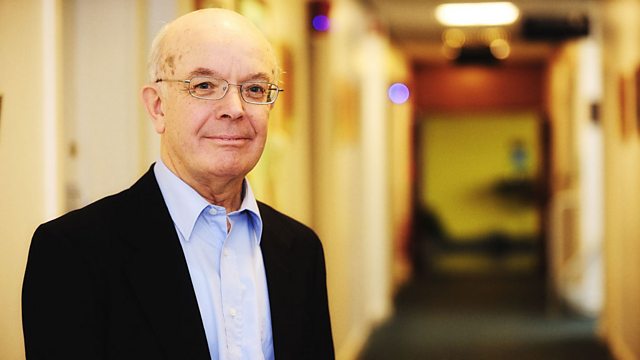
Professor Dame Jocelyn Bell Burnell
Astrophysicist Jocelyn Bell Burnell talks about her life, her religious faith and how she made one of the most significant scientific discoveries of the late 20th century.
Last on
More episodes
Previous
Next
More about the programme:

On All Things Considered this week there鈥檚 another chance to hear a programme first broadcast in January 2016 in which Roy Jenkins guest is the astrophysicist Dame Jocelyn Bell Burnell, who made one of the most significant scientific discoveries of the late twentieth century.聽聽 Her work as a 24-year-old postgraduate student led to the identification of the spinning neutron stars known as pulsars, and is reckoned to have changed the way we see the universe.
It led to the award of the 1974 Nobel Prize for Physics - perversely not to her, but to her two male supervisors at the University of Cambridge.聽 Little wonder that she has been a prominent advocate for women in science.
She has herself been a trailblazer in this, with a dazzling string of prestigious academic and public appointments.聽 She has been president of the Royal Astronomical Society and the Institute of Physics, and is currently president of the Royal Society of Edinburgh.聽 She has more than 20 honorary degrees, lectures around the world, played a key role in the work of the Open University, and is currently visiting professor of astrophysics at the University of Oxford. And last autumn she received the Women of the Year Lifetime Achievement Award.
She is also a very active and deeply committed member of the Society of Friends, the Quakers.聽
Broadcasts
- Sun 10 Jan 2016 09:03麻豆社 Radio Wales
- Thu 14 Jan 2016 05:30麻豆社 Radio Wales
- Sun 27 Aug 2017 09:03麻豆社 Radio Wales
Podcast
-
![]()
All Things Considered
Religious affairs programme, tackling thorny issues in a thought-provoking manner

